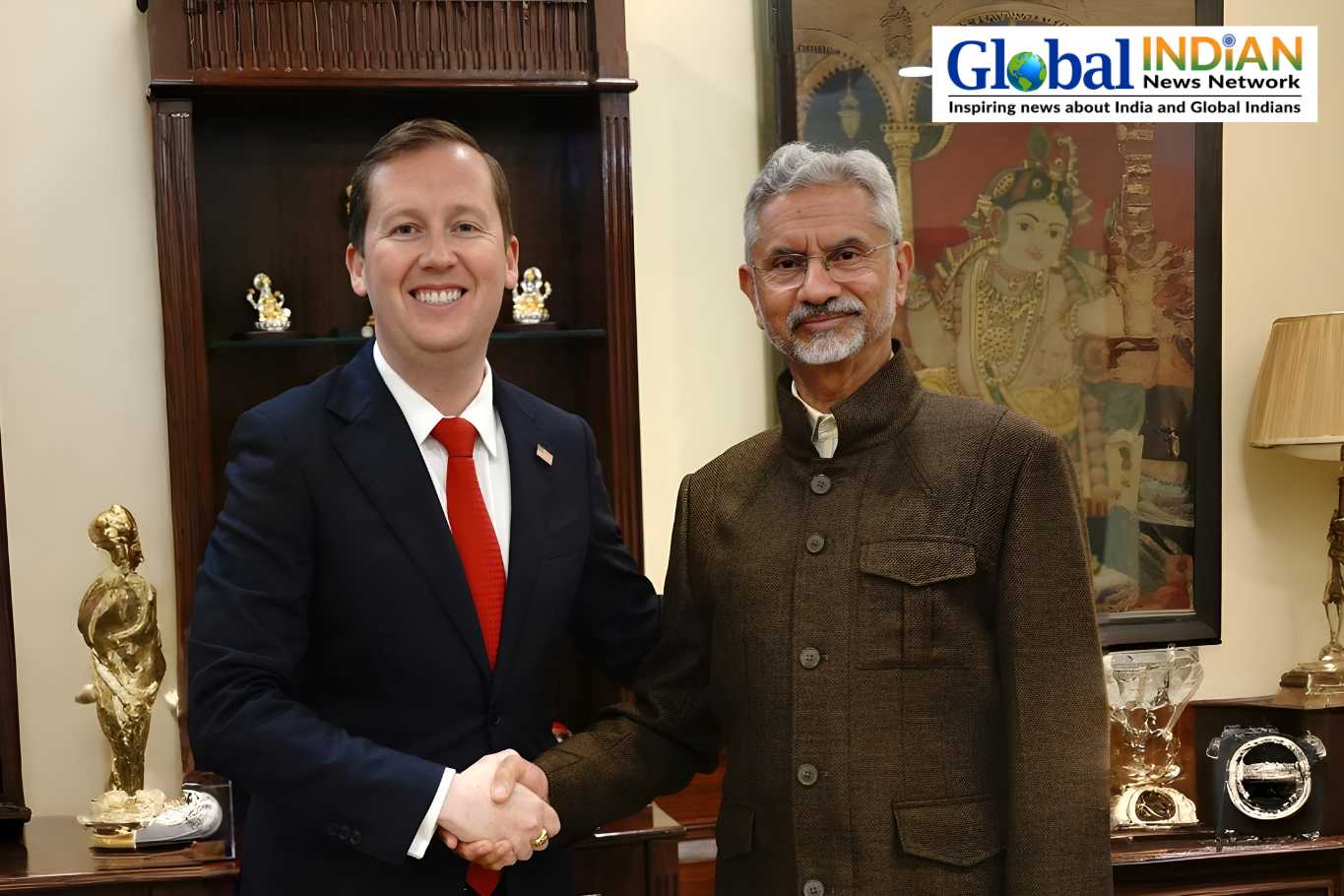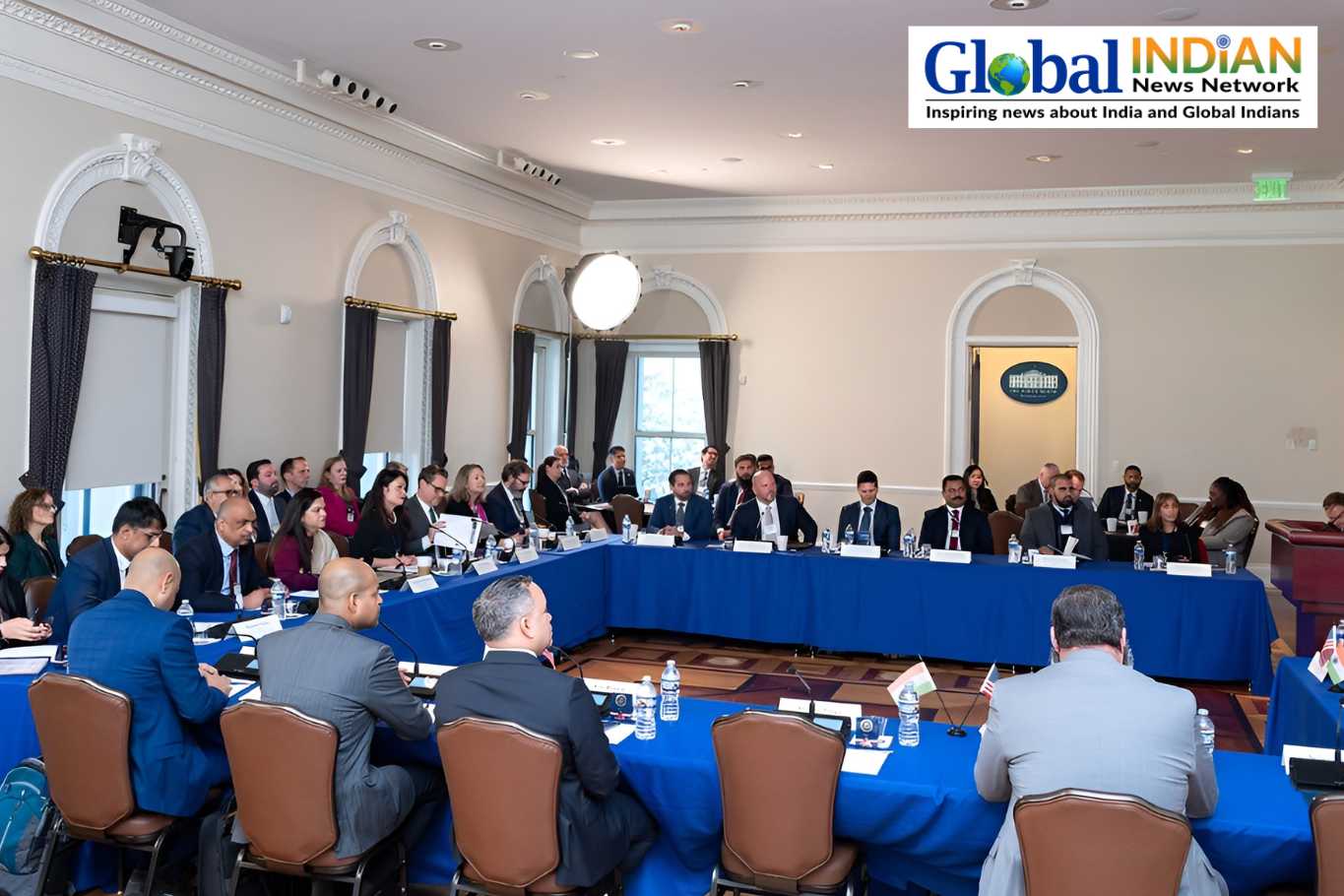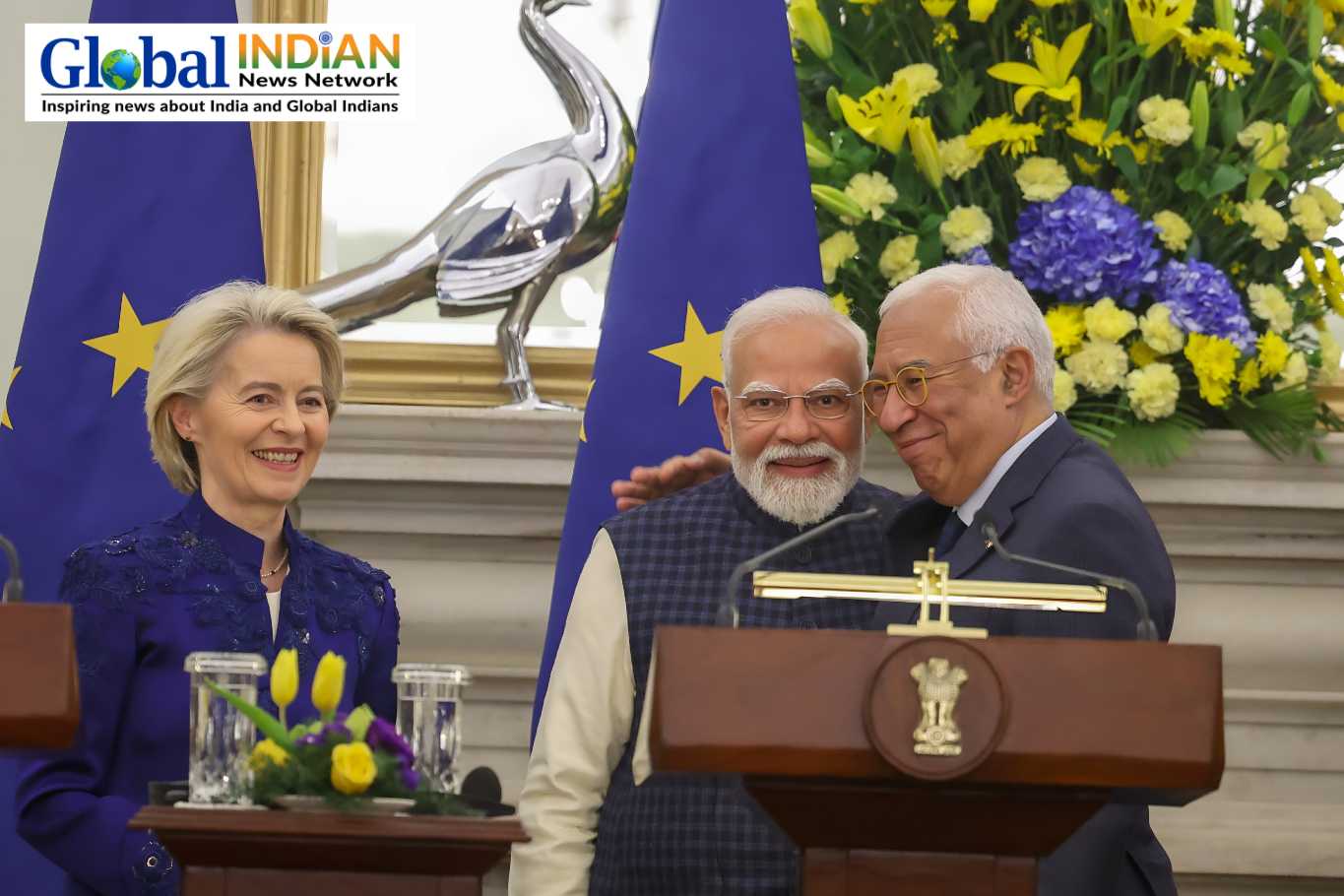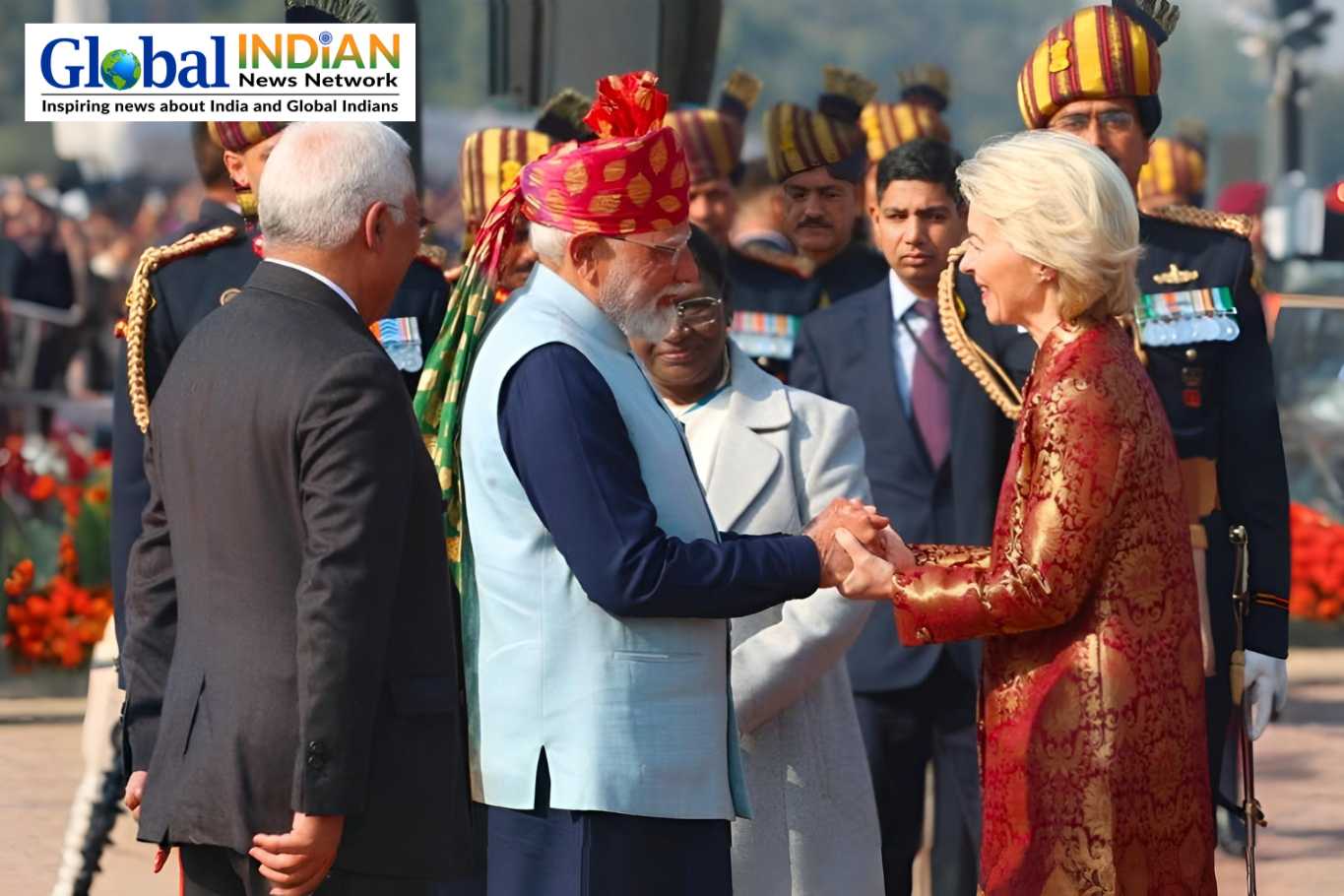 Donald Trump and JD Vance’s campaign promise to alter naturalized citizenship laws has sparked significant concerns, particularly among Indian-Americans, as it could affect the future citizenship of their children. Under the proposed changes, children born in the U.S. would no longer automatically acquire citizenship unless at least one parent is a U.S. citizen or lawful permanent resident. This shift could leave thousands of children born to immigrant parents in legal limbo.
Donald Trump and JD Vance’s campaign promise to alter naturalized citizenship laws has sparked significant concerns, particularly among Indian-Americans, as it could affect the future citizenship of their children. Under the proposed changes, children born in the U.S. would no longer automatically acquire citizenship unless at least one parent is a U.S. citizen or lawful permanent resident. This shift could leave thousands of children born to immigrant parents in legal limbo.
During his campaign, Trump vowed that on “Day 1” of his presidency, he would sign an executive order aimed at curbing immigration, including targeting the legal process of naturalization. The order would require that at least one parent be a U.S. citizen or permanent resident for children born in the country to gain automatic citizenship. This could potentially affect many children of immigrants, including those from India, where the green card backlog has already reached over a million, with wait times exceeding 50 years.
For Indian-Americans, the changes could have significant consequences. With the high demand for green cards and the long wait times, many immigrants may never see their citizenship processed in their lifetime. Additionally, children currently in the immigration pipeline may age out of the process by the time they reach 21, risking their status as illegal immigrants if they stay beyond that age without alternative visas.
While Trump’s proposed executive order is expected to face legal challenges, with experts arguing it may violate the 14th Amendment of the U.S. Constitution, it remains to be seen whether the courts will uphold or block the order. The 14th Amendment grants automatic citizenship to anyone born in the U.S., and the proposed policy could be seen as unconstitutional. However, the Trump campaign asserts that it has correctly interpreted the amendment.
With an estimated 4.8 million Indian-Americans living in the U.S., many of whom are concerned about the future of their children’s citizenship, this issue has become a focal point in the ongoing debate over immigration reform. If signed, the executive order will likely set the stage for a lengthy legal battle to determine its constitutionality.











